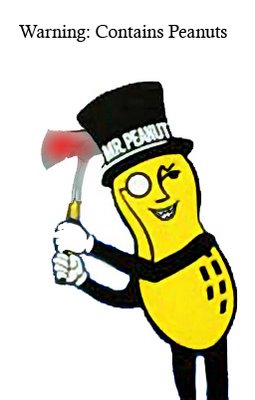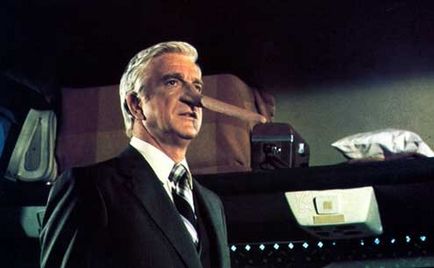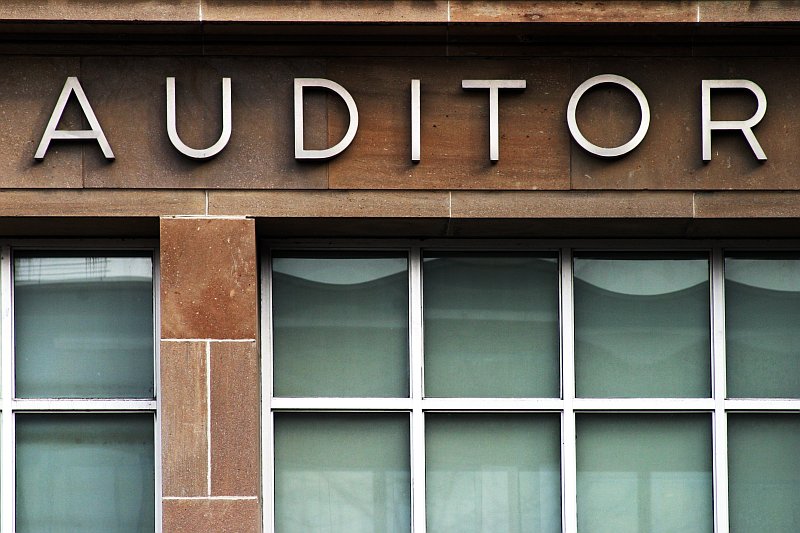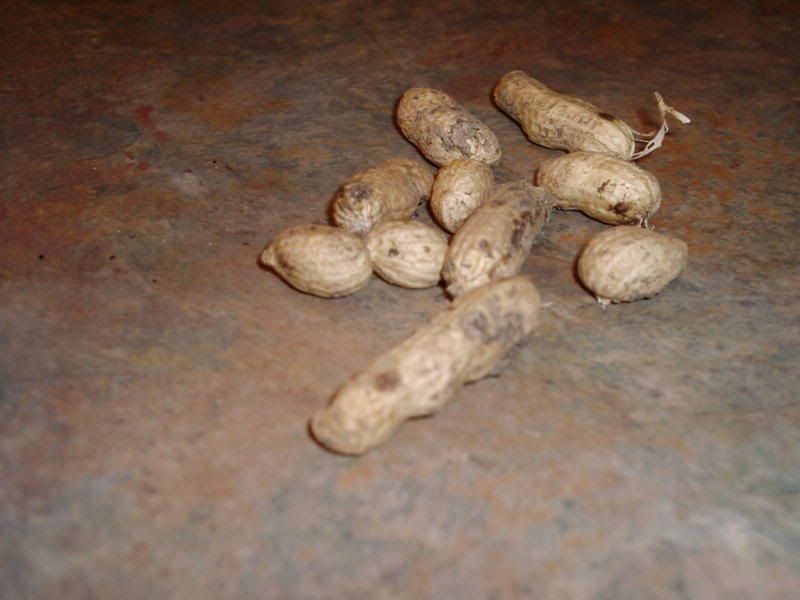In Jan. 2009, Peanut Corporation of America (PCA) recalled over 3,900 peanut butter and other peanut-containing products from more than 350 companies after an outbreak of Salmonella Typhimurium ultimately sickened 714 people and killed nine across 46 U.S. states and Canada.
The human toll related to a bunch of peanut-paste containing crackers and snacky thingies seems tragically outrageous. How people and  corporations responded seems tragically disrespectful to those who got sick and died.
corporations responded seems tragically disrespectful to those who got sick and died.
Kellogg was one of the hardest hit food processors that used PCA paste, recalling hundreds of products. In response to the outbreak, then CEO David Mackay told a congressional hearing on March 19, 2009, that PCA had been audited by the American Institute of Baking (AIB) “the most commonly used auditor in the U.S” and received a SUPERIOR rating.
Audits and inspections are never enough; but they are tools in the food safety toolkit that can ultimately create awareness and possibly prevent tragedy. Jail and steep fines are others, ones many other countries are quick to use.
The Justice Department on Thursday alleged that Stewart Parnell, the former owner of Peanut Corp. of America, and other employees engaged in a multiyear conspiracy to hide the fact that many company products were tainted with salmonella.
Prosecutors said the company failed to notify its customers—including several national food companies—when independent lab tests revealed the presence of salmonella. In some cases, company officials fabricated lab results, stating that peanut products were salmonella-free even when tests showed otherwise, or when no tests had been conducted at all, the department said.
The New York Times reports that criminal charges are relatively rare in food-poisoning cases. One of the few examples came in 2000 when the company then known as Sara Lee Foods pleaded guilty to a misdemeanor charge over selling adulterated meat and paid more than $4.4 million.
The 76-count indictment against the Peanut Corp. owner and employees includes charges for shipment fraud, wire fraud, conspiracy and obstruction of justice.
“These defendants cared less about the quality of the food they were providing to the American people and more about the quantity of money they were gathering while disregarding food safety,” said Michael Moore, the U.S. attorney for the Middle District of Georgia.
The indictment includes details of alleged communications Mr. Parnell had with customers and employees. According to the charges, after one customer notified him that Peanut Corp. products had tested positive for salmonella, Mr. Parnell allegedly stated—falsely—that he was “dumbfounded” by the finding and had never “seen any instance of this.”
In one internal email, Mr. Parnell allegedly told employees they couldn’t waste peanuts. “These are not peanuts you are throwing away every day…IT IS…MONEY THAT WE DO NOT HAVE,” Mr. Parnell allegedly wrote, according to the indictment.
The indictment also charges Michael Parnell, who is Stewart Parnell’s brother and a former supervisor, as well as Samuel Lightsey, a onetime plant operator, with many violations related to the company’s alleged deceptions.
Mary Wilkerson, a former quality-assurance manager, was included in obstruction-of-justice charges. The Justice Department said another  former employee, Daniel Kilgore, has pleaded guilty to several charges.
former employee, Daniel Kilgore, has pleaded guilty to several charges.
The company filed for Chapter 7 bankruptcy protection in early 2009, weeks after the outbreak began.
Stuart F. Delery, who heads the Justice Department’s Civil Division, said, “The Department of Justice will not hesitate to pursue any person whose criminal conduct risks the safety of Americans who have done nothing more than eat a peanut butter and jelly sandwich.”
In response, attorneys Bill Gust and Tom Bondurant said in a statement “At this point, we will evaluate the charges that have been filed against Mr. Parnell and will prepare for a vigorous defense. There is little doubt that as the facts in this case are revealed, it will become apparent that the FDA was in regular contact with (Peanut Corporation of America) about its food handling policy and was well aware of its salmonella testing protocols.”
Jim Parkman, a lawyer for Lightsey, said nothing in the indictment surprises him and he is eager to defend his client.
“I’m glad it finally came out so we can get this cleared up and clear Sammy’s name,” he said. “We look forward to getting to a trial where we can finish the story.”





 sickened hundreds, is back in the business.
sickened hundreds, is back in the business. The Atlanta Journal-Constitution reports today
The Atlanta Journal-Constitution reports today.jpg) First it was
First it was .jpg) That’s what I told a student reporter for the
That’s what I told a student reporter for the .jpg) I told Tyler, the reporter,
I told Tyler, the reporter,
 In 2007, Keystone Foods, the Pennsylvania plant that makes Veggie Booty, received an “excellent” rating from the American Institute of Baking. But the audit did not extend to ingredient suppliers, including a New Jersey company whose imported spices from China were tainted with salmonella.
In 2007, Keystone Foods, the Pennsylvania plant that makes Veggie Booty, received an “excellent” rating from the American Institute of Baking. But the audit did not extend to ingredient suppliers, including a New Jersey company whose imported spices from China were tainted with salmonella. In a
In a 
 1. To begin with, there is no such thing as a “free” market for food…
1. To begin with, there is no such thing as a “free” market for food… If it is not likely that an incident/outbreak will be traced back to the producer responsible, the possibility of making a profit from a contaminated food may be greater than the chance they’ll get caught.
If it is not likely that an incident/outbreak will be traced back to the producer responsible, the possibility of making a profit from a contaminated food may be greater than the chance they’ll get caught.